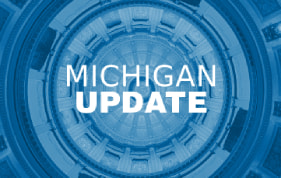This webinar was held on June 12, 2019 and was the seventh webinar in a series about addressing the opioid crisis in America.
Medication Assisted Treatment (MAT) has been proven to successfully treat opioid use disorder and can be offered in outpatient settings alongside treatment for other chronic medical and behavioral health conditions. However, many providers are unfamiliar with the nuances of providing this treatment in their practices. What’s needed is a systematic understanding of the various operational and regulatory issues that providers will face when providing MAT.
During this webinar, HMA clinicians addressed some of the key considerations for practices looking to offer MAT. They also demonstrated how the use of a readiness assessment tool can help providers identify and work through a variety of potential problem areas, leading to implementation of a successful MAT program.
Learning Objectives
- Learn how to institute new workflows and manage the type of change that will come with providing access to MAT.
- Understand best practices for integrating MAT into an already busy practice, including the issues of staffing and scheduling.
- Find out how to make MAT financially sustainable, including an understanding of billing and coding rules.
- Learn how to ensure compliance with Drug Enforcement Administration regulations and requirements.
HMA Speakers
- Scott Haga PA-C, Senior Consultant, Lansing
- Jean Glossa, MD, MBA, Managing Principal for Clinical Services Washington, DC
Who Should Listen
Outpatient primary care and behavioral health providers considering adding MAT to their scope of practice, health systems interested in supporting outpatient providers, payers and health plans.



